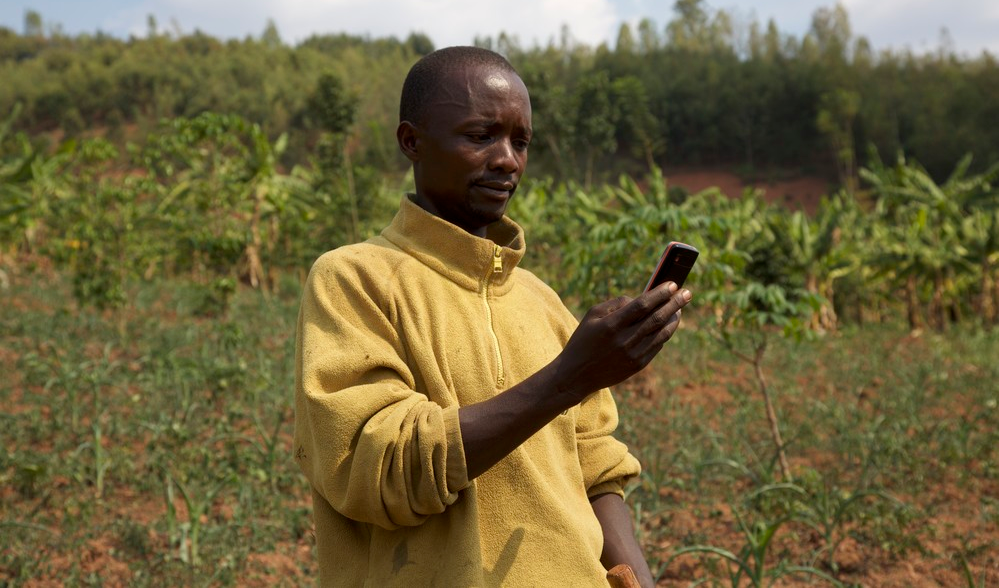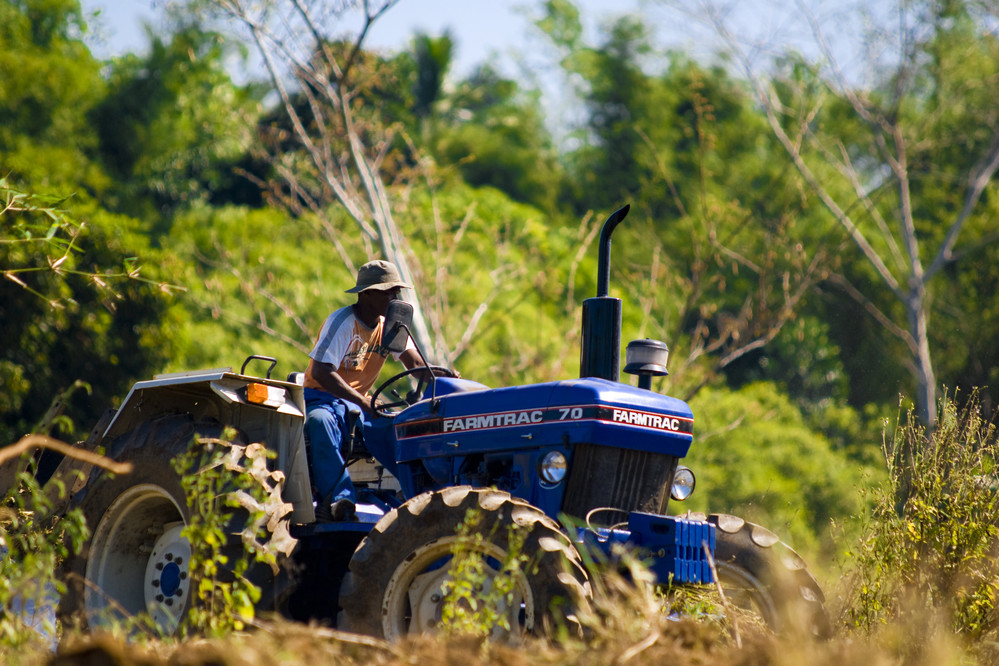This article was originally published by AFEX Commodities Exchange Ltd.
When AFEX met Abdul in 2017, he was operating barely a rung above subsistence farmers. Where his aim was to make a living from his farming operations, he was stuck in a vicious cycle of poverty that kept his farming operations small with no real opportunity to expand and increase. As we identified, his problem was both simple and complex, and it all rested in payment systems. Like all the generations of his family before him who had farmed the land, at harvest, Abdul would take his modest yield of maize to the local market and sell to middle men who bought at really low prices. For these transactions, he was paid in cash, and not being in possession of a bank account a limited number of possibilities opened up to him. He could take that money and settle a few debts and familial responsibilities that had accumulated whilst his crops grew and matured; he could spend a little on treats for himself and his family as a reward for a good season; and he could even stash the left over cash in a space in his home that he considered safe. A week after Abdul’s windfall, however, he had mostly gone through his earnings in settling various emergencies and needs that continuously kept cropping up.
The new farming season often met Abdul back at square one, unable to afford much of anything, least of all quality inputs that would increase his yield or mechanization that would help his productivity. So despite his hard work on his farm, Abdul stayed for a long time straddling the poverty line. AFEX began its outreach activities to Abdul’s community in Soba, Kaduna State in March just as the 2017 wet season was set to begin. Identifying that a bulk of the community was unbanked and financially excluded, one of the first things that AFEX helped Abdul and a number of his peers do was open bank accounts. This opened up a new door of possibilities for Abdul. Going forward, he could now access the benefits of financial services like ease in transactions and payments, savings that can earn interest, and access to credit; all delivered in a more responsible and sustainable way.
As the first in 3 generations of his family to have a bank account, Abdul is now enabled to plan for a better future for himself and future generations, and indeed his reality is already changing. Since he was financially included by AFEX, Abdul has been able to access loans in the last 24 months that he has ploughed into his farming operations, which has led to increased yields and productivity. He can also go beyond his local market to sell his produce since payment is no longer limited to physical assets.
AFEX’s logic for developing payment systems
Our logic in making financial inclusion part of the pillars of our services at AFEX is simple: smallholder farmers earn 70 – 80% of their annual income from commodities trading so we are with them all through the year, making us a critical point for developing payment systems. To get this done, we are licensed as an aggregator within Nigeria’s financial inclusion ecosystem, which allows us to register farmers and issue BVNs, open bank accounts, and also facilitate transfers, receipt of cash and bills settlement.AFEX is committed to being part of the solution for financial inclusion in Nigeria, and we have geared up our activities in the financial inclusion space since 2018. There is still quite a lot of work to be done, as our Business Development Manager Akinyinka Akintunde points out, “There needs to be a linkage from where the source of a farmer’s income comes from to the uses of his funds. In essence, we pay from commodities transactions then ensure that the person that is selling other daily provisions that the farmer needs is also financially included. When we have that in place, we are creating an ecosystem that we can leverage on to ensure that in any community where we are in the country, we have a functional payment system that is scalable and that is available to all smallholder farmers at all times.”

